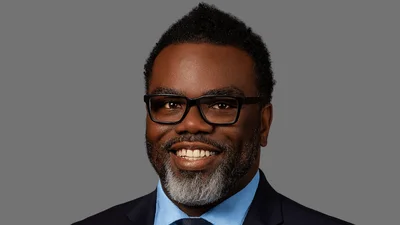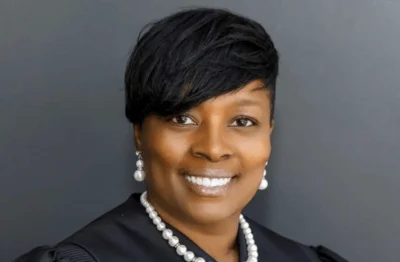Cook County Treasurer Maria Pappas tells it like it is, which is commendable for a Democrat, says Wirepoints founder Mark Glennon.
"In the midst of the pandemic and a recession, local governments should take their foot off the gas pedal and stop raising property taxes,” Pappas said in a statement online.
The property tax study released last week by Pappas shows that billing throughout the county has doubled since the year 2000.
“She just calls things as she sees them without regard to political considerations,” Glennon said. “That's always been my impression of her. She's very bold in that respect.”
The Pappas study evaluated 1.7 million parcels of property and utilizes a tool on the Cook County treasurer website that helps property owners determine how much the bills on their homes have increased over two decades.
“It's very unusual that any officer in a high-tax jurisdiction would be so open about showing where we are and where we've come from,” Glennon told Chicago City Wire. “It's a refreshing break from the past.”
Overall, the study shows that taxes billed countywide increased 99% from $7.85 billion to $15.58 billion and, in Chicago, taxes on residential properties spiked 164% compared to 81% on commercial properties.
“The fundamental fiscal problem in Illinois that we have is a spending problem," Glennon said. “Government simply costs too much here and it's not just property taxes. When you look at the total tax burden, including all different taxes, we are among the highest in the country and it's not just Cook County, either. The primary problem driving that excessive spending is the pension burden.”
The study aggregates data from 135 cities and villages and includes billing from 2,200 agencies, including school districts, townships, parks, libraries, public health and safety agencies.
“We need drastic reforms of many kinds to reduce spending,” Glennon said. “It starts, obviously, with serious pension reform but the list is long and includes ethics legislation to reduce the level of corruption, changes to collective bargaining laws, giving the option of bankruptcy to municipalities that could use that properly and 25 other small and large reforms that would help get spending under control.”
What comes with rising property taxes is the risk of mortgage default, according to Pappas, who assisted in drafting legislation, which increases to 13 months from the time taxpayers have to pay delinquent Cook County property taxes before their homes are put up for sale.
“This additional time can make the difference between keeping your home and seeing it taken away,” Pappas said in the statement.
The legislation was drafted in response to the joblessness and uncertainty created by the COVID-19 pandemic, according to media reports.
“There is an interesting phenomenon going on in some suburbs,” Glennon said. “I haven’t seen this quantified yet but some of the properties foreclosed on get bought by investors who rent them out with no real intention of paying the property taxes. They'll buy the home and rent it throughout the foreclosure process then the property will be sold again. They just move on to the next property.”




 Alerts Sign-up
Alerts Sign-up